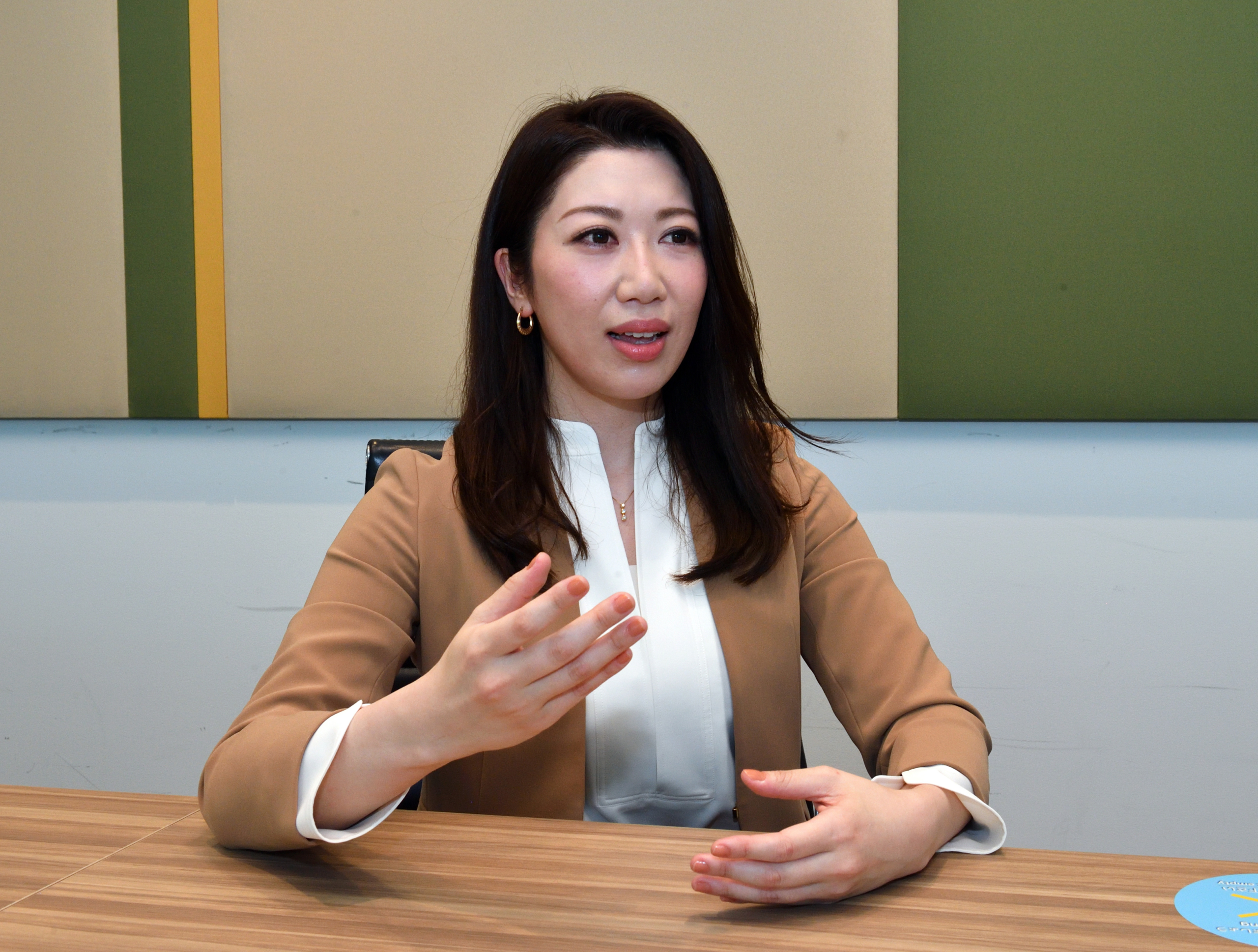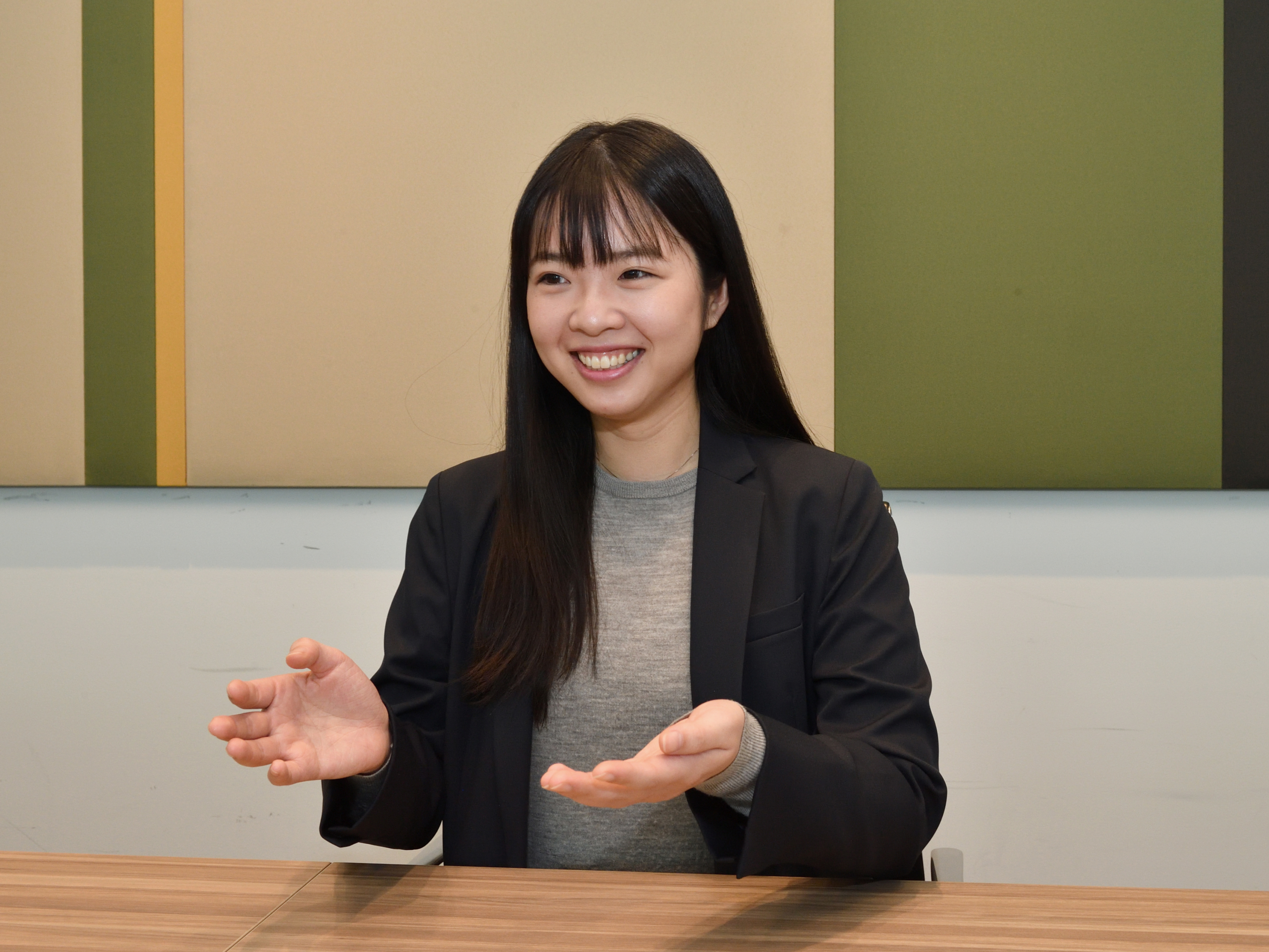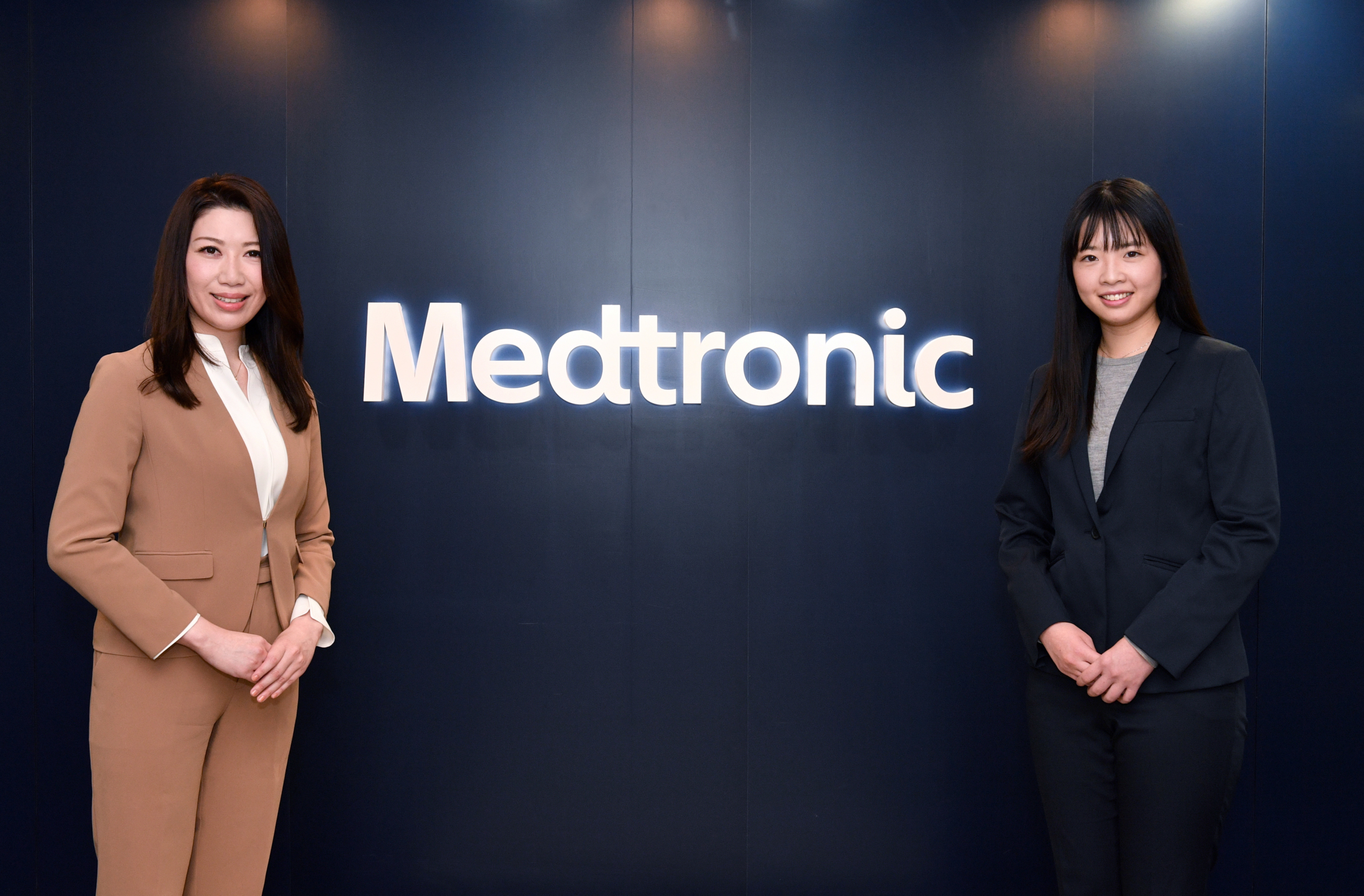Amid the prolonged coronavirus pandemic, companies are rethinking and changing their ways of working and communicating to adapt to various changes that society is going through and may continue to experience after the outbreak subsides. There are some companies with advanced views that adopted diverse ways of working such as telecommuting even before the virus outbreak. Medtronic Japan Co., a leading international provider of medical equipment, services and solutions, is one of them.
In March 2020, shortly after the explosive spread of COVID-19 set off a wave of panic worldwide, the global company, whose Japanese unit is headquartered in Tokyo’s Shinagawa Ward, publicly shared detailed specifications for its ventilator to help accelerate the production of similar devices across the world as demand for solutions to treat infected patients skyrocketed.
“Unpredictable changes are happening in the world. We need to catch up with the changes to be a company that is needed by society,” said Mayumi Kimura, marketing manager of the Strategic Marketing, Cardiac Rhythm Management and Diagnostics department, in a recent online interview.
Good companies have good working environments and conditions that maximize the capabilities of their workers. The two women interviewed by The Japan Times, Kimura and Kiyoe Izumi, a sales representative specializing in surgical devices, both agree they are satisfied with the various options Medtronic offers for building their careers and different working styles.
However, making an ideal working environment is not the ultimate goal of the company.
“We always go back to our mission. One of our most important missions is to alleviate pain, restore health and extend life. By this, we aim to contribute to human welfare. Whatever we do and the company does must represent this mission,” Kimura said.
To achieve the mission, each employee needs to grow constantly.
“Medtronic offers diverse career paths, including transfers abroad, to facilitate employee growth,” she said.
At the same time, the efficiency and accuracy of their work is important, which is why the company also has various systems and measures in place to support diverse ways of working.

“For example, members of my department had already been allowed to work from home two days a week instead of commuting to the office every day. Currently, we are basically working from home every day unless we have to come to the office for some reason,” Kimura said.
Izumi had always worked from home, except when visiting clients. “The company supplied office equipment I need for my home office, such as a printer,” she said.
The employees are also making their own efforts to maximize the benefits of being able to work from anywhere. “Each person has a different level of IT literacy, so we conduct short meetings from time to time to teach each other how to use certain online tools so as not to leave anyone behind,” Izumi said.
Kimura noted that communication sessions involving many participants, such as videoconferences tend to be one-way, with just one person talking to the rest.
“We try to make conversation more interactive and give everyone a sense of participation by using the various functions of online tools, like taking real-time surveys,” she said.
Izumi nodded and said that online meetings make it harder to interrupt and make remarks than face-to-face discussions do, especially for newer employees with less experience.
“So my seniors often ask me during online meetings if I have any comments, making it easier for me to speak out,” she said.
Kimura said that making an environment where everyone feels at ease speaking up is an important part of promoting diversity and inclusion in a company. Kimura, co-leader of the Women’s Network, an internal working group that focuses on supporting female employees of the company, has been promoted to marketing manager, overseeing six subordinates. She said that she has recently come to believe that systems and rules are not the most important factor in achieving diversity and inclusion.
“Relationships built on mutual support are what counts. I want to become a role model for leaders who can help nurture such a mindset and create an environment where we can help each other,” she said, stressing that making a working environment that is comfortable for everyone will help all workers regardless of gender, age or ethnicity achieve the ideal balance between work and personal life.
Another female manager said during her job interview with Izumi, “You need to grab what you want in this company.”
Thanks to this conversation, Izumi felt Medtronic has the environment necessary for all employees, including women, to do that, which is why she decided to take the job.
“When I started working for Medtronic, two out of four sales teams in the Tokyo area were headed by female managers. One of them returned to work as a manager in the marketing section after taking maternity and child care leave. There are sales representatives who are raising small children,” she said.

She went on to explain that some male workers have taken paternity leave and that the company also offers child care benefits.
“Such examples and information are shared among all employees through internal newsletters,” she said.
Medtronic supports its workers and their ways of working at different stages of their lives, which leads to increased productivity and quality of work, promising greater benefits in a society with changing medical needs.
www.medtronic.co.jp
TEL: 03-6774-4611
Shinagawa Season Terrace, 2-70 Konan 1-chome, Minato-ku, Tokyo 108-0075, Japan






